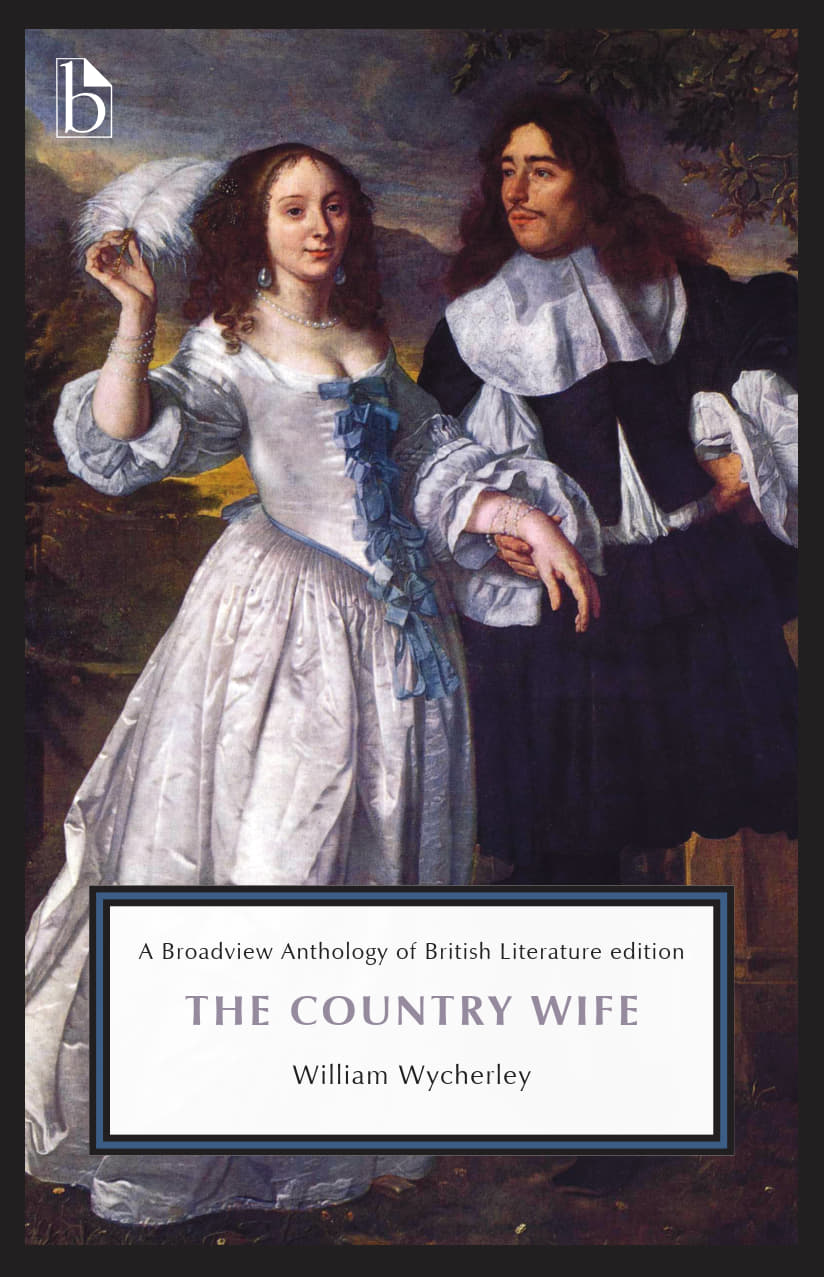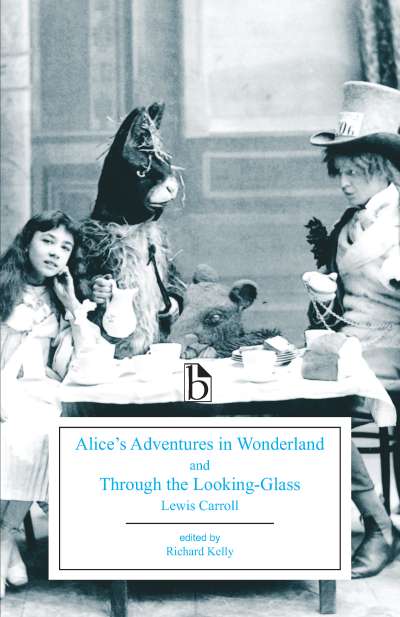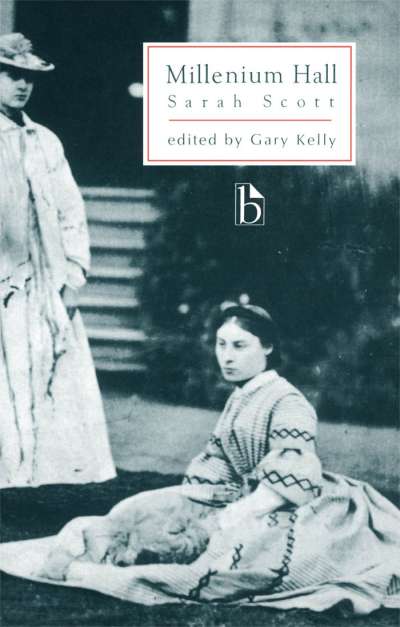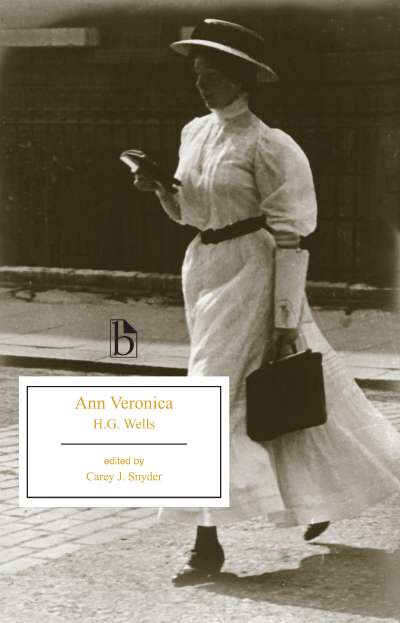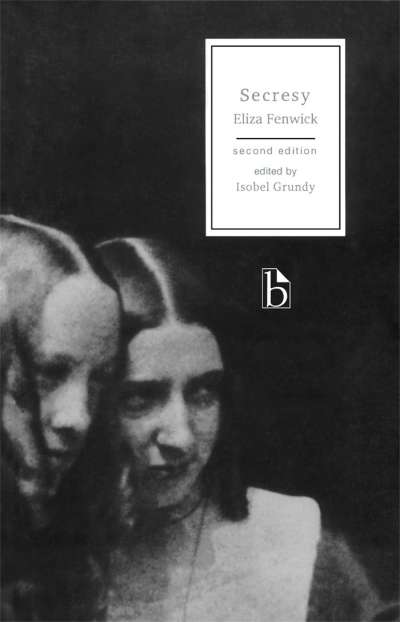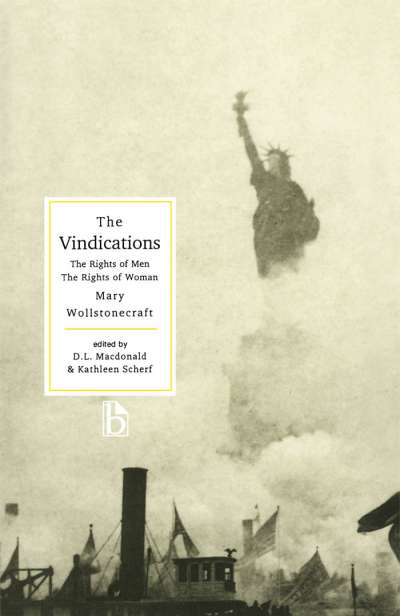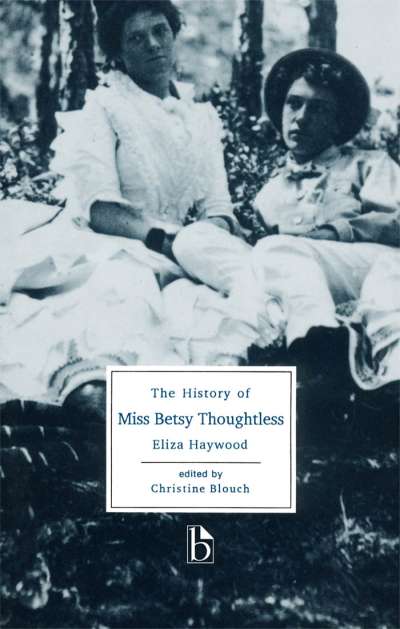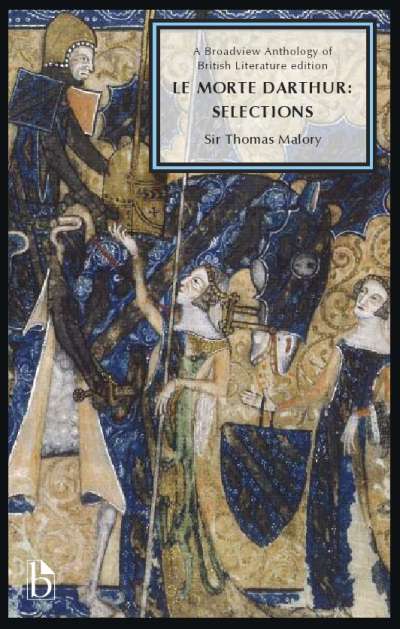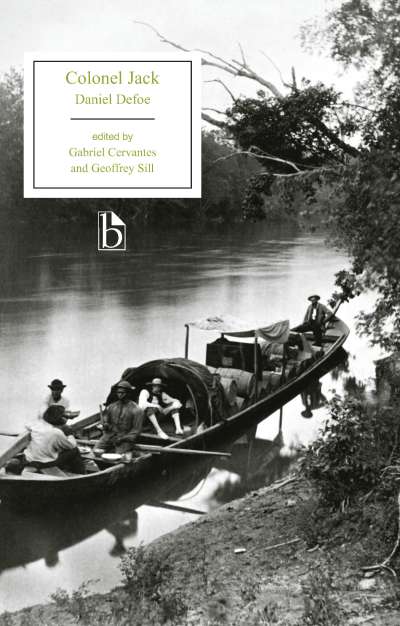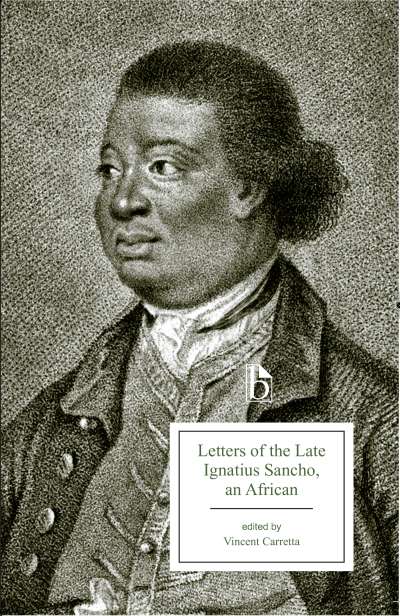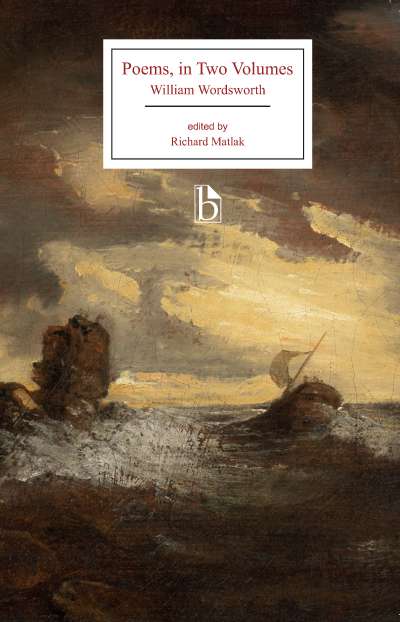The notorious rake Harry Horner pretends to have succumbed to a venereal disease and thus become impotent in order to be allowed to spend time alone with “virtuous” society wives—and thereby have affairs with them, making cuckolds of all London’s respectable husbands. Meanwhile, the young Margery Pinchwife, chosen by her domineering husband for her presumed country innocence, proves herself naively eager to indulge in the pleasures of city life. Such are the ribald ideas at the center of The Country Wife, William Wycherley’s most famous play and a favorite of audiences and scholars today for its vibrantly witty dialogue and sharp satire on Restoration London. Among the bawdiest plays to have emerged onto the newly licentious Restoration stage, The Country Wife was deemed unfit for performance throughout much of the eighteenth and nineteenth centuries, but in the twentieth was reacknowledged as a masterpiece of seventeenth-century comedy. This edition is accompanied by a concise introduction, helpful annotations, and a brief selection of contextual materials addressing morality on the English stage.
Comments
“This stand-alone edition of William Wycherley’s seminal Restoration comedy, The Country Wife, is long overdue. Underlining the extent to which Wycherley and his comedies were part of the fabric of Charles II’s London, the edition's introduction to Wycherley’s best-known play deftly pinpoints the key elements of its success in the Restoration and sketches its later fate. The supplementary materials that render these Broadview editions such valuable classroom resources augment this fine edition. Excerpts here help explicate the comedy of manners, the nature of Horner as hero, and the debates over the morality of the Restoration London stage that The Country Wife embodies.” — Tanya Caldwell, Georgia State University
“This wonderful classroom edition of The Country Wife features strong introductory materials, user-friendly footnotes, a lucid layout, and a range of contextual resources that will help students enjoy Wycherley’s bawdy satire for generations to come.” — Misty Anderson, University of Tennessee, Knoxville

